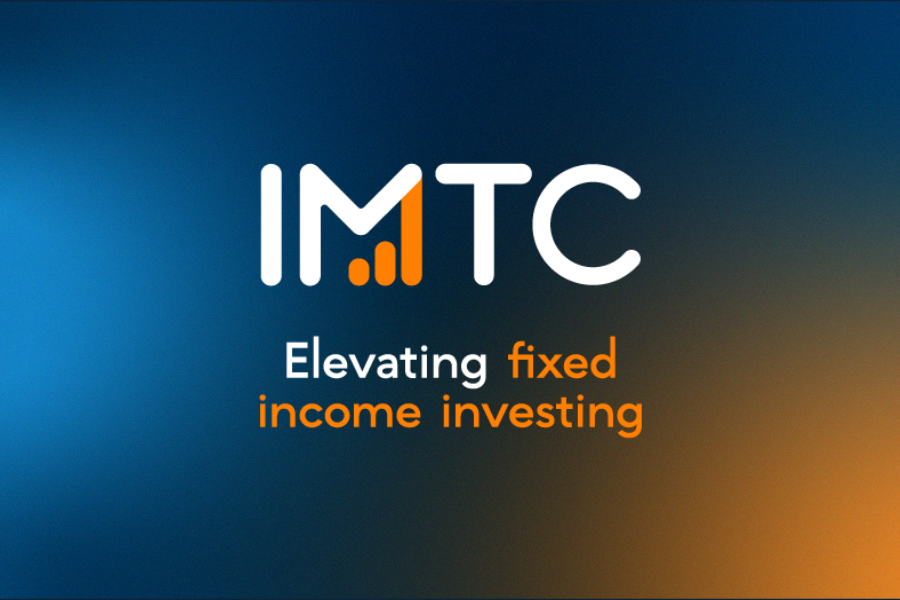How Cloud Technology Drives Efficiency and Growth for Investment Managers

Investment managers continue to be challenged with declining margins in the face of fee compression, regulatory change, and increased competition. To combat this, firms are looking for opportunities to drive efficiencies.
The financial services industry, and particularly asset management firms, have been behind the curve in terms of adopting emerging technologies. Managers have had concerns about the security of cloud-based systems, compliance issues, and a general worry about the viability of complex digital transformation strategies.
Cloud Technology Boosts Resilience and Agility
Entire industries have been transformed by the cloud. Consider Netflix, Dropbox, Salesforce, and Microsoft – all led massive changes in the way their users access and interact with data. These technologies have the potential to enable shops to better serve their clients, save on costs, and become more efficient while working remotely. This combination should lead to a significant improvement in profit margins.
Investment management firms are waking up to these possibilities. According to LSEG, cloud-native market data solutions can cut total costs by up to 80% while offering easier access to high-quality, scalable data services. Similarly, Forbes notes that cloud computing has become a critical part of long-term strategy in financial services, allowing firms to modernize their infrastructure and build more adaptive business models. It’s clear that this transformational technology will only become more ingrained within the asset management landscape.
It is important to have confidence in technology. The cloud allows users to access all features and files of an investment management system without having to store the bulk of that data physically on their own computers and servers. In most cases, building the infrastructure to handle increased demands doesn’t make sense, financially or operationally. Legacy systems pose increased risks and firms struggle to manage the burgeoning amount of data required for effective investing. Third-party solutions are a much more viable option that helps to balance budgets whilst increasing agility and enhancing operations.
What are the Benefits of Cloud for Investment Managers?
- Cost Savings: The cloud removes the need to host data and enables a pay-as-you-go model to dramatically reduce costs by only paying for what’s needed, when it’s needed. It eliminates the need for server rooms, which equates to less space and lower real estate costs. Replacing problematic legacy systems with managed Software-as-a-Service (SaaS) solutions also reduces the occurrence of required patches, costly system repairs, and manual software upgrades. It also removes the extent of IT resources required to launch and maintain systems.
- Team Collaboration: Building technology in the cloud enables seamless integration with other crucial systems (i.e., custodians, execution platforms, account software, etc.) making different areas of the investment process even more interconnected. Providing all functions within one system – combining data and research, portfolio management, and reporting – means that everyone at the organization is connected and working with the same data, from research analysts to the CIO, portfolio manager and trader to client service and sales. Real-time data sharing allows a more holistic view of risk across the firm, enabling portfolio managers and traders to be more in sync and strengthen reconciliation and allocation processes across the front, middle and back office.
- Scalability of Data and Users: Many investment managers view data as a competitive advantage, however, the associated costs and resources needed to properly store data continue to rise. Having a more fluid data management solution makes it easier to quickly increase data capacity and facilitates a more seamless expansion of digital products or services in the future. With the ever-expanding offerings of alternative data providers, the latest data management systems need to have the flexibility and capacity for investment teams to incorporate new data feeds and scale their computing capacity.
- Improved Client Service: Emerging SaaS solutions help arrange, analyze, and augment substantial volumes of portfolio data more efficiently than was previously possible. As a result, investment firms enjoy unprecedented transparency into their portfolios, which ensures confidence in their decisions and enables more efficient client reporting. The time savings generated through the use of cloud technology allow investment professionals to manage more accounts and assets, and firms to expand offerings into new sectors or asset classes.
- Automatic Updates: Cloud solutions enable constant enhancements to be rolled out within the application, so managers will never be stuck using outdated versions of a legacy software application. These automatic updates provide users with the latest and greatest in features and functions, allowing PMs to operate at peak efficiency and enabling software vendors to iterate and push out new functionality without technical constraints. Working on an up-to-date version also ensures compliance with regulations and substantially reduces operational risks from system bugs and errors.
- Cyber Security: In an environment where data breaches can be weaponized by sophisticated cybercriminals, resulting in substantial regulatory penalties, outflows, and a general lack of trust from clients, some firms may feel more secure when housing data themselves. But a cloud host’s job is to carefully monitor security and is typically more robust than a conventional in-house system, where an organization has to divide efforts between a multitude of IT concerns. Keeping sensitive information up in the cloud, governed by an independent host, adds another layer of security.
While cloud technology has been a transformative innovation over the past decade, investment management firms are still in the early innings of adopting these new solutions that can drive growth and increase capacity while reducing costs and risk. While tightening margins have plagued the industry, the most resilient and agile firms are finding new ways to be more efficient by implementing cloud-based investment management systems.
Want to learn more about our cloud-based investment management system? Talk to our team.
This paper is intended for information and discussion purposes only. The information contained in this publication is derived from data obtained from sources believed by IMTC to be reliable and is given in good faith, but no guarantees are made by IMTC with regard to the accuracy, completeness, or suitability of the information presented. Nothing within this paper should be relied upon as investment advice, and nothing within shall confer rights or remedies upon you or any of your employees, creditors, holders of securities or other equity holders or any other person. Any opinions expressed reflect the current judgment of the authors of this paper and do not necessarily represent the opinion of IMTC. IMTC expressly disclaims all representations and warranties, express, implied, statutory or otherwise, whatsoever, including, but not limited to: (i) warranties of merchantability, fitness for a particular purpose, suitability, usage, title, or noninfringement; (ii) that the contents of this white paper are free from error; and (iii) that such contents will not infringe third-party rights. The information contained within this paper is the intellectual property of IMTC, and any further dissemination of this paper should attribute rights to IMTC and include this disclaimer.





